“I Need Practice Programming”: 49 Ideas for Game Clones to Code (2)
3. Sliding Puzzle
Description: A 4×4 board of numbered tiles has one missing space and is randomly set up. To win the game, the player must slide tiles over to put the tiles back in order.
Variants: Instead of numbers, you can have a scrambled picture cut up into 4×4 tiles.
This game is covered in Chapter 4 of “Making Games with Python & Pygame”.
Download Python Source: slidepuzzle.py
4. Simon
Description: Four colored buttons light up in a specific pattern. After displaying the pattern, the player must repeat the pattern by clicking the buttons in proper order. The pattern gets longer each time the player completes the pattern. If the player presses a wrong button, the game ends.
Variant: A nine-button version can add challenge to this game (but more than that would probably just be tedious.)
This game is covered in Chapter 5 of “Making Games with Python & Pygame”.
Download Pyhton Source: simulate.py
5. Nibbles
Description: A worm or snake constantly moves around the board. The player controls the direction the “head” of the worm moves, and the worm must try to eat apples that randomly appear. Eating an apply causes the worm to grow in length. The game ends if the worm crashes into the edge of the board or into itself.
Variants: Add walls to the level, instead of just a blank rectangle. Add power ups that the worm can pick up. Add bad guys that move around the board that the worm must avoid. Have two worms that the player must control simultaenously. Tron (see below) is a two-player variant of this game.
This game is covered in Chapter 6 of “Making Games with Python & Pygame”.
Download Python Source: wormy.py
6. Tetris
Description: Shapes made up of four blocks fall from the top of the board. The player must rotate and place them to create full rows with no gaps. When a full row is made, the blocks in that row disappear and the blocks above it move down. The game ends if the board fills up.
Variant: Several Tetris variants are listed on Wikipedia.http://en.wikipedia.org/wiki/List_of_Tetris_variants
This game is covered in Chapter 7 of “Making Games with Python & Pygame”.
Download Python Source: tetromino.py
7. Katamari Damacy
Description: The original Katamari Damacy game was in a 3d world, but a 2d version is also easy to implement. The player controls a small object in a world of different-sized objects. Touching the smaller objects grows the player, touching the larger objects damages or shrinks the player. The player wins when they reach a certain size.
A flash version of 2D Katamari is available.
This game is covered in Chapter 8 of “Making Games with Python & Pygame”
8. Sokoban
Description: The player is in a level with objects that need to be pushed over goals. The objects can only be pushed, they can’t be pulled. This game does require some effort to design levels for, but Sokoban levels have been designed by others and published on the web.
Variant: Add all sorts of level gimmicks: teleport tiles, conveyor belts, buttons that open doors/bridges, buttons that need an object left on them to keep a door open.
This game is covered in Chapter 9 of “Making Games with Python & Pygame”.
Download Source: starpusher.zip
9. Othello
Description: On a grid, a black and white player places tiles of their color on the board. The opponent’s tiles between the newly placed tile and that player’s existing tiles are flipped to become the color of the player’s tiles. The game ends when the board fills up and the player with the most tiles of their color wins.
Variant: Three player Othello with three different colors. Non-square boards.
This game is covered in Chapter 10 of “Making Games with Python & Pygame”.
10. Flood It
Description: A grid of six colors of tiles starts off randomly. The player can do a “flood fill” on the top left tile, changing the color of any adjacent tiles of thesame color. The player wins if they are able to make the entire board a single color within a certain number of moves.
Variants: Power ups gained when a certain tile is changed.
This game is covered in Chapter 10 of “Making Games with Python & Pygame”.
11. Connect Four
Description: Two players of different colors drop their tokens on an upright board. The player to make four tokens in a row, column, or diagonal wins. Creating an AI for this requires a simpleminimax algorithm.
Variant: Different board sizes. Walls inside the board that appear when the spaces beneath them are filled.
This game is covered in Chapter 10 of “Making Games with Python & Pygame”.
Download Source: fourinarow.zip
12. Bejeweled
Description: The board is filled with seven different types of jewels. The player can swap two adjacent jewels to form a three-in-a-row, causing the jewels to disappear and the jewels on top of them to fall down. Creating chain reactions gives bonus points.
Variant: Different power ups for matching a particular jewel. Be able to sometimes swap jewels that are not adjacent to each other. Timed games.
The original Bejeweled game and its sequels are at http://www.bejeweled.com/
This game is covered in Chapter 10 of “Making Games with Python & Pygame”.
Board Games:
Board games are a good source for game clone ideas. A game like Monopoly has far too many rules to put together in a short time frame, but here’s a list of board games that have simple mechanics. Chess, Go, and Stratego may be too complicated to create an AI opponent, but in that case you can just make it a two-player game. These games don’t really have variants,
You must Sign up as a member of Effecthub to view the content.
A PHP Error was encountered
Severity: Notice
Message: Undefined index: HTTP_ACCEPT_LANGUAGE
Filename: helpers/time_helper.php
Line Number: 22

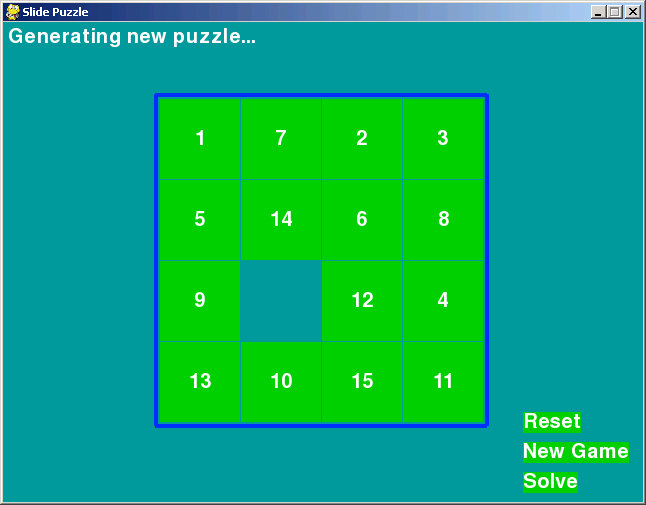
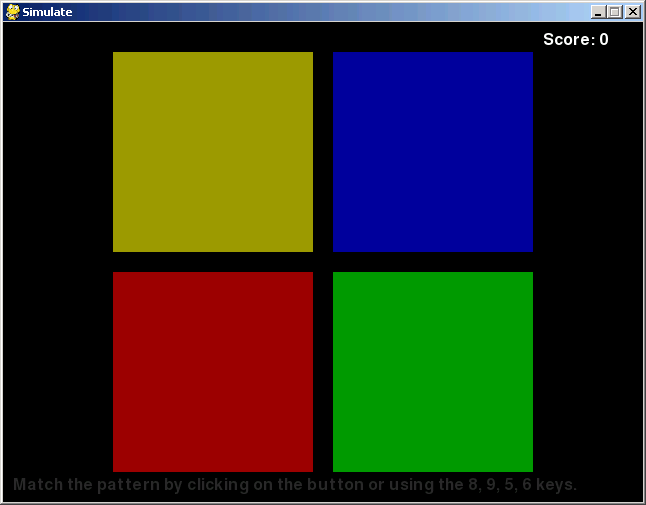
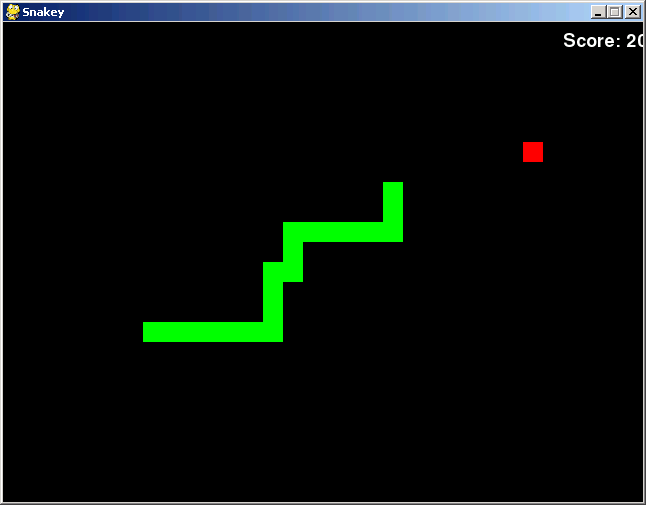


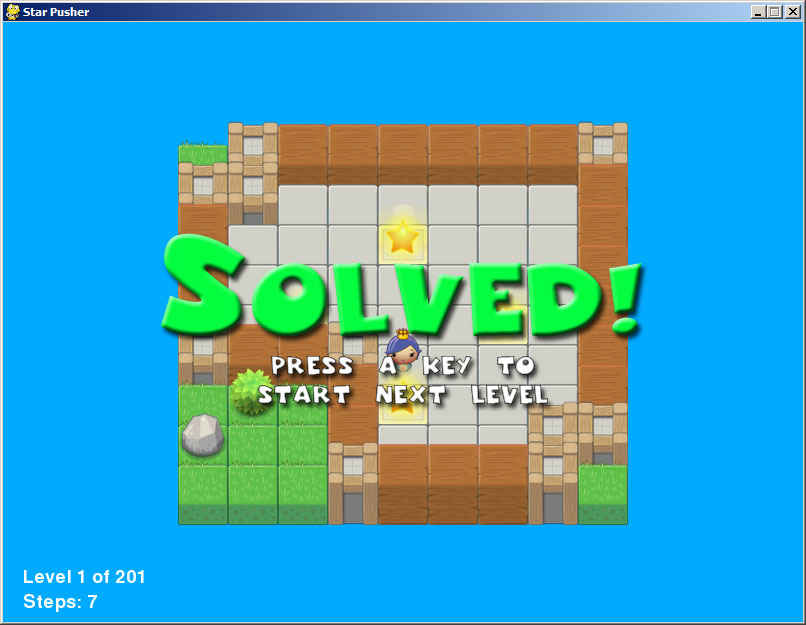


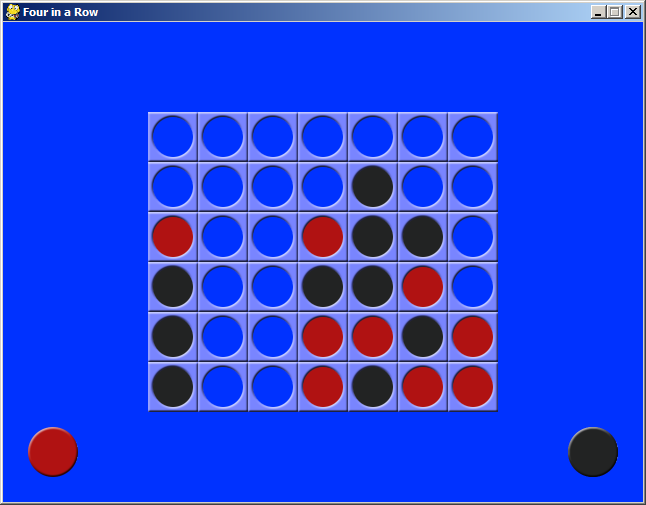
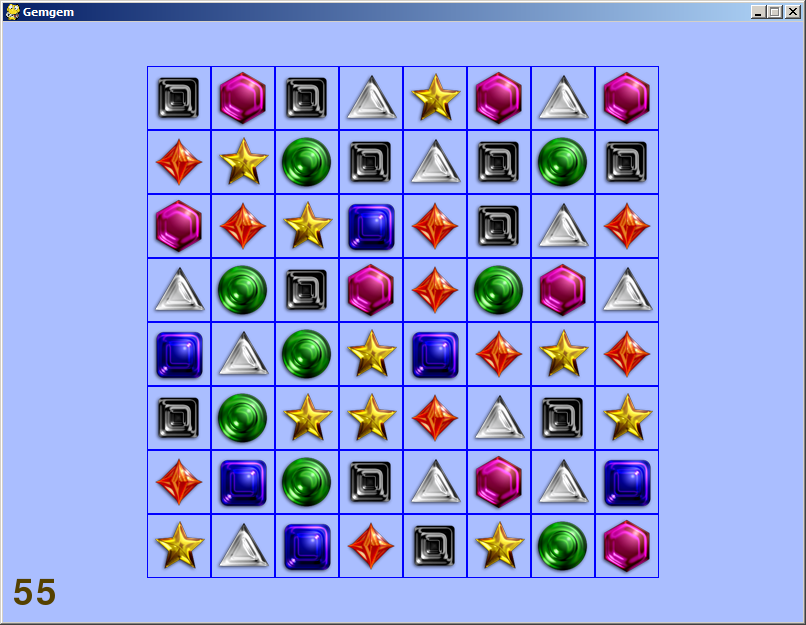

3279 views 2 comments
You must Sign up as a member of Effecthub to join the conversation.